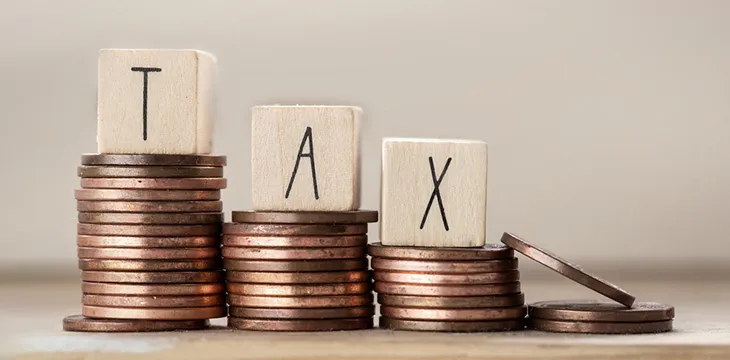|
Getting your Trinity Audio player ready...
|
Italy’s budget for 2023 includes plans to impose a 26% capital gains tax on digital asset profits exceeding €2,000 (~US$2,111), according to a report by Bloomberg. Taxpayers can be subject to a lesser 14% rate if they declare the value of their digital assets as of January 1, 2023, to authorities.
The budget was proposed by the newly elected government of Prime Minister Giorgia Meloni, Italy’s first female elected leader.
How digital asset gains should be treated under tax laws is one of the many questions posed by the industry and will largely depend on how the assets themselves are conceptualized by lawmakers. Until now, the absence of any formalized framework governing digital assets in Italy has meant that authorities have simply applied the taxation and reporting rules governing foreign currencies to digital assets. This entailed a flat tax rate of 26%, but if the total value of the payer’s portfolio (including other foreign currencies) exceeds €51,645.69 (~US$54,530) for more than seven days in the period.
With the new rules, the focus has shifted to the size of the gains rather than the size of the portfolio, likely capturing far more tax than before.
Elsewhere in the Italian legal code, digital assets and digital asset service providers are fit within existing (but modified) frameworks; digital asset-related definitions were bolted onto existing laws in 2019. For example, the Organismo Agenti e Mediatori (OAM) is Italy’s supervisory body with authority over financial agents. In May, it launched a separate register for digital asset firms, with registration a requirement to operate in the jurisdiction.
Last month, Portugal announced a flat capital gains tax rate of 28% on digital assets. Germany released guidance earlier this year said that capital gains on BTC and ETH held for more than one year would not be taxed.
However, the days of disparate regimes may be coming to an end, at least in Europe. On December 7, the European Commission is expected to adopt a raft of new digital asset taxation rules, one of which will be a potential single tax regime for digital assets to apply across all 27 of the EU’s separate jurisdictions.
Watch: The BSV Global Blockchain Convention panel, The Future of Digital Asset Exchanges & Investment

 07-01-2025
07-01-2025 





